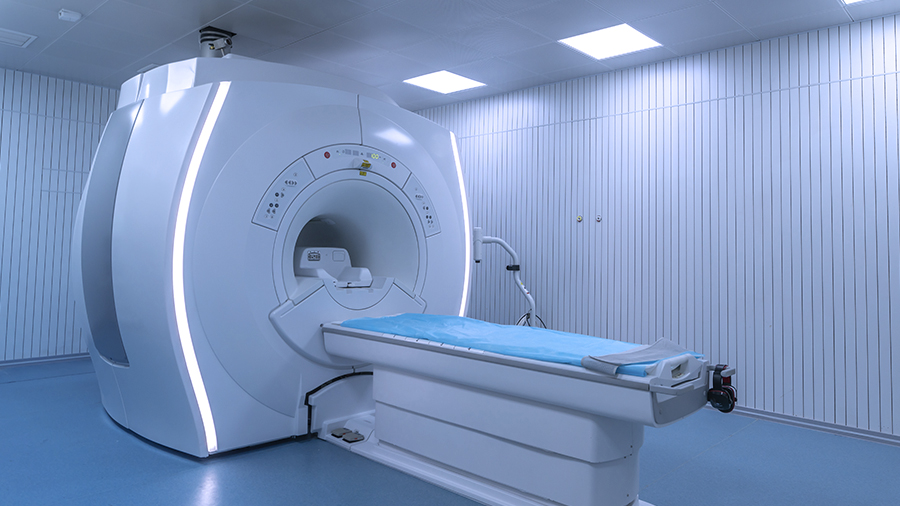Quantum computers
Quantum computers are one of the most prominent applications of quantum technology. These devices differ markedly from traditional computers in the way they store and process information. Whereas conventional computers use bits to represent data, which can exist in two different states (0 or 1), quantum computers use qubits. The most intriguing feature of qubits is their ability to exist in a superposition, which means that they can represent a state at the intermediate point between two possible states. This property is akin to flipping a coin and, instead of finally landing on heads or tails, it remains in an undefined state.

Quantum computers have the potential to significantly accelerate the solution of certain problems, but it is important to note that this acceleration is only applicable to certain types of problems. These systems are therefore considered special-purpose machines, just like graphics processing units (GPUs) designed to accelerate graphics performance in games and similar applications.
The key commercial challenge facing quantum computing today is to achieve the creation of computers with enough qubits to tackle problems of practical relevance. Scalability of these devices is essential. A prominent example is the role of quantum computing in Internet security, where it is estimated that around one million qubits would be needed to compromise the security of current communications. Along these lines, companies such as IBM are working on launching more powerful quantum computers, such as their goal of developing a computer with 1132 qubits by the end of this year.
Quantum Internet
The quantum internet uses quantum effects to transmit information securely. A major advance is Quantum Key Distribution (QKD), which prevents interference by relying on the quantum principle that tampering with a quantum system reveals intrusion.
To illustrate this in a simple way, we could compare it to a coin toss: communication protocols can be developed to detect any manipulation of the “coins” sent over the network, indicating the possible presence of an intruder. A quantum cryptographic system does not eliminate the possibility of an attack, but it does provide the ability to detect it.

QKD is already a reality today, and companies such as Telefónica are testing small quantum networks. The short and medium-term objective is to establish a nationwide network that will allow interconnection with other European countries.
Quantum metrology
Another major field of application of quantum mechanics is quantum metrology, which encompasses a set of techniques to improve the accuracy of measuring instruments by exploiting quantum effects. This area is one of the most promising applications in basic science, as the foundation of much scientific research lies in our ability to accurately measure what we observe.
In contrast to quantum computing, quantum metrology requires an extremely small number of particles to carry out measurements. As a result, tangible applications have been achieved in various fields. For example, quantum metrology has been used in the LIGO project to measure gravitational waves.
In the medical field, quantum metrology is being applied to the development of significantly more accurate CT scans, promising substantial improvements in the diagnosis and treatment of diseases.

Quantum simulation
The fundamental purpose of quantum simulation is to understand the behaviour of systems exhibiting quantum properties, the characteristics of which cannot be accurately calculated using classical computers. For example, to understand the behaviour of a highly complex molecule, it is necessary to model the interactions between its components. Because these interactions are quantum in nature, it becomes impossible to simulate them effectively on a conventional computer. In contrast, quantum simulators, designed to operate in line with the principles of quantum mechanics, offer a more efficient solution.
The process is essentially as follows: if we want to understand how different variants of a molecule interact with one another, instead of running expensive tests on all possible combinations, we represent these variants in a quantum simulator. The representation does not need to be perfect, but sufficiently accurate to allow a study of the behaviour. We then simply measure the results generated by the simulator.
Quantum simulation has the potential to accelerate a wide variety of current industrial processes, and commercialisation is imminent, as these systems do not necessarily need to be very large to have practical and beneficial applications.

There are other applications not mentioned in this blog, such as quantum optimisation and quantum artificial intelligence. Quantum technology is truly fascinating and has the potential to irreversibly transform our society. At Telefónica, we are participating in several projects related to this technology, contributing to its progress and development.







